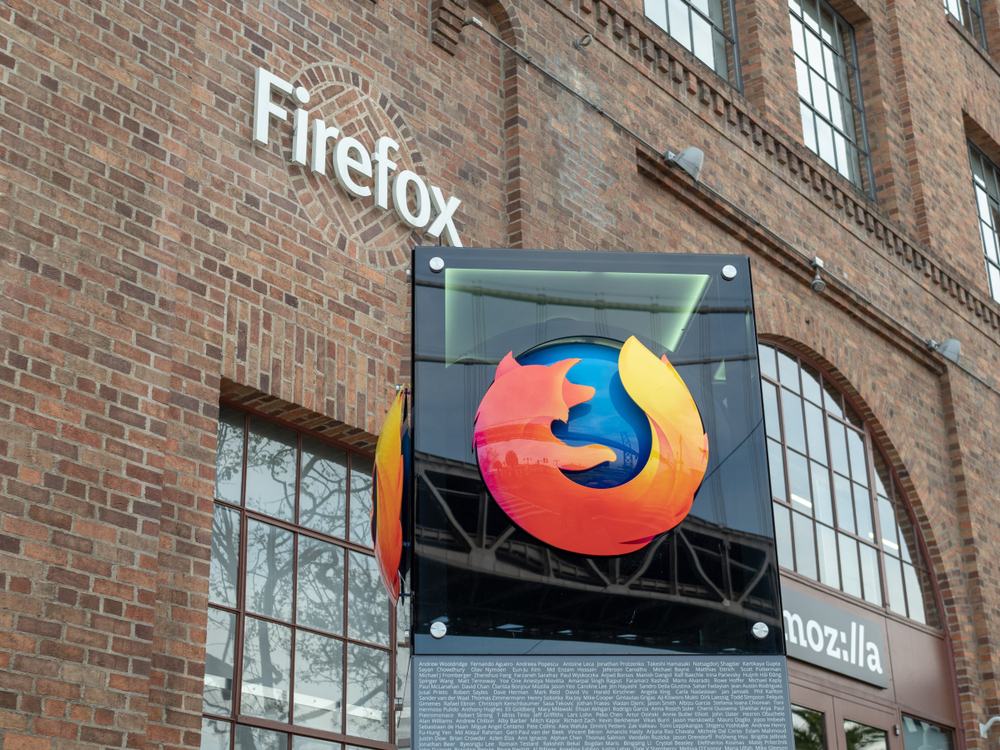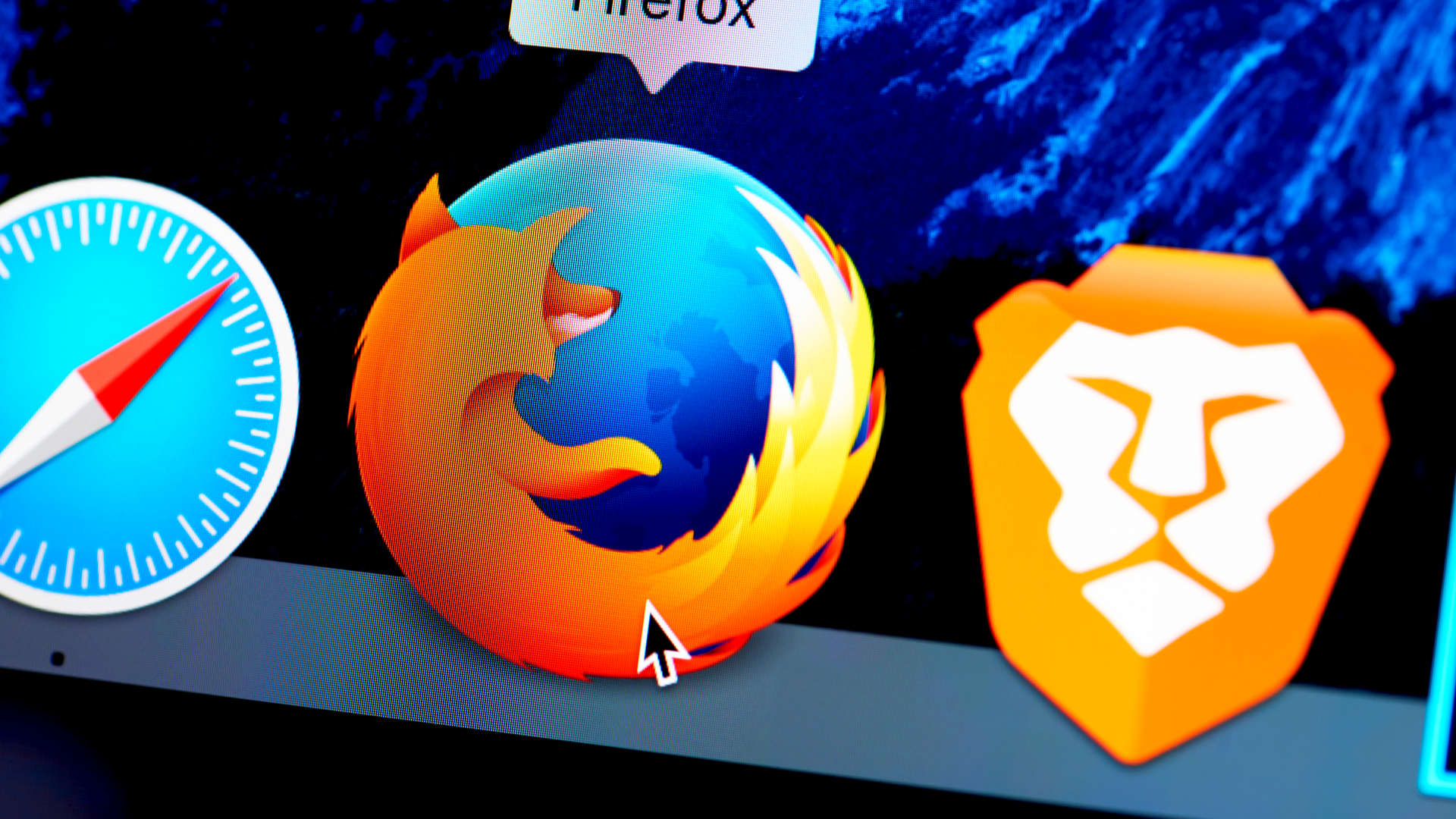Mozilla proposes 'Do Not Track' feature in Firefox
The Do Not Track feature will let users opt-out of online behavioural advertising.


Mozilla has proposed a Firefox feature designed to boost user privacy and control when browsing.
The Do Not Track' (DNT) addition would give people an opt-out option for online behavioural advertising (OBA) tracking, the browser creator said.
"As the first of many steps, we are proposing a feature that allows users to set a browser preference that will broadcast their desire to opt-out of third party, advertising-based tracking by transmitting a Do Not Track HTTP header with every click or page view in Firefox," Mozilla's technology and privacy officer, Alex Fowler, explained in a blog.
"When the feature is enabled and users turn it on, websites will be told by Firefox that a user would like to opt-out of OBA."
As yet, it is unclear if or when such a feature would be added to the Firefox browser, or whether it would be added to the upcoming 4.0 version - the release candidate of which is expected to be out by the end of next month.
The proposals around DNT were posted to the Mozilla community today and the Firefox creator said it could work to standardise the HTTP header technique across the browser industry.
You can head here for a diagram of how the feature could work.
Sign up today and you will receive a free copy of our Future Focus 2025 report - the leading guidance on AI, cybersecurity and other IT challenges as per 700+ senior executives
"It's important to reiterate that while our initial proposal does not represent a complete solution, this is one step of many for us to see if the header approach can work and confirm that it will provide our users a more nuanced, persistent tool for communicating privacy choices on the web," Fowler added.
"We believe the HTTP header is a constructive approach and one of the many areas we're exploring to put users in control of their web experience."
There has been plenty of discussion around web user tracking in recent times.
Towards the end of 2010, the NHS came under fire for allowing Facebook and Google to track users on its website.
Tom Brewster is currently an associate editor at Forbes and an award-winning journalist who covers cyber security, surveillance, and privacy. Starting his career at ITPro as a staff writer and working up to a senior staff writer role, Tom has been covering the tech industry for more than ten years and is considered one of the leading journalists in his specialism.
He is a proud alum of the University of Sheffield where he secured an undergraduate degree in English Literature before undertaking a certification from General Assembly in web development.
-
 Spanish spyware outfit uncovered, develops exploits for Windows, Chrome, and Firefox
Spanish spyware outfit uncovered, develops exploits for Windows, Chrome, and FirefoxNews Google was only able to discover the company after an anonymous submission was made to its Chrome bug reporting programme
-
 Firefox 95 boosts protection against zero-day attacks
Firefox 95 boosts protection against zero-day attacksNews Mozilla's browser now takes a more granular approach to walling off code
-
 Mozilla to end support for Firefox Lockwise password manager
Mozilla to end support for Firefox Lockwise password managerNews Replacement service already lined up as browser specialist continues to streamline business
-
 Firefox available on Microsoft Store for first time
Firefox available on Microsoft Store for first timeNews Gecko-based browser arrives after Microsoft removes restrictions
-
 Mozilla to cut 250 jobs as part of major coronavirus restructure
Mozilla to cut 250 jobs as part of major coronavirus restructureNews The reorganisation has been made so the company can become faster, more innovative, and find more revenue streams
-
 Why I’m leading a browser double life
Why I’m leading a browser double lifeOpinion There are benefits to using more than one browser
-
 Mozilla re-hires veteran Mitchell Baker to serve as CEO
Mozilla re-hires veteran Mitchell Baker to serve as CEONews The interim chair and CEO formally rejoins the organisation after Chris Beard stepped down in December 2019
-
 Mozilla fixes two Firefox zero-days being actively exploited
Mozilla fixes two Firefox zero-days being actively exploitedNews Critical vulnerabilities allow attackers to execute arbitrary code or trigger crashes


